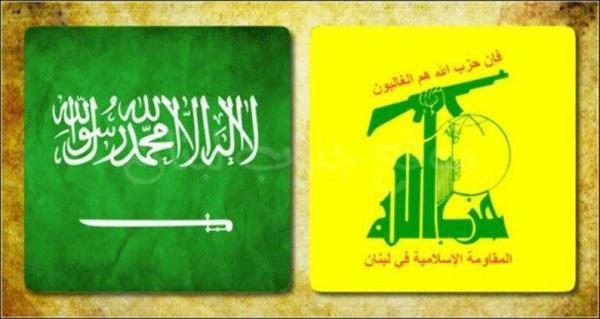Saudi Donation cancellation: Strategic setback for Lebanon
Walid Phares/Face Book/February 21/16
The cancellation of the Saudi financial donation to the Lebanese Army is -whatever are the reasons- a strategic setback for Lebanon, at a time a large Arab coalition is rising and widening. In our assessment and as our US and Saudi sources have reported, the cancellation was caused by several factors. One was the general control by Hezbollah of the national security apparatus in the country. Two was the alignment of the Government diplomacy with Tehran against Riyadh and the Gulf. Three, which was according to our sources, the triggering point for the decision, was the last Presidential election fiasco as March 14 leaders selected politicians from the pro-Hezbollah March 8 axis, for the Presidency of Lebanon. This last double move, regardless of how Lebanese politicians argue about it, cannot be accepted by the Arab coalition. A source in Washington told me “how can Arab Gulf send billions to a country which could be ruled by a pro-Iranian President. It is not going to happen.”According to our sources, the matter is not internal to the Saudi Government. Just the opposite, there is a solid consensus behind it in the Kingdom. The move is not directed at the Lebanese Army but it is a message addressed to politicians. An ally to Tehran in Baabda will not get billions from Riyadh. Pretty simple. But the good news is that this and other donations would be redirected to the Lebanese Army again if a new move would reshuffle the current politics and an emerging leadership would stir the country in a different direction. It is hard to see it but there the window is there…
GCC Supports Riyadh on Halt to Lebanon Deals, Foreign Ministry Defends Decision
Associated Press/Naharnet/February 20/16/Gulf Cooperation Council states announced on Saturday their support for Saudi Arabia’s decision to stop its military aid to Lebanon. Saudi Arabia announced on Friday it is halting deals worth $4 billion aimed at equipping and supporting the Lebanese army and security forces. One deal involves a four-year, $3 billion Saudi pledge to buy French arms for the Lebanese military, which already has seen the country receive modern anti-tank guided Milan missiles last year. The other involves a $1 billion support deal for the police. The decision came after Foreign Minister Jebran Bassil declined to support Saudi resolutions against Iran during two meetings of Arab and Muslim foreign ministers. Bassil heads the Free Patriotic Movement, which is one of the strongest allies of the Iran-backed Hizbullah. But the Foreign Ministry issued a statement on Saturday saying Bassil’s stance came in accordance to the ministerial statement and in coordination with Prime Minister Tammam Salam. It described ties between Lebanon and Saudi Arabia as “historic,” saying the foreign ministry led by Bassil was the first to condemn attacks on Saudi diplomatic missions in Iran. “The ministry will continue to express the stances of the Lebanese government and the interests of the Lebanese,” it added. Saudi Arabia long has been suspicious of Iran, which also supports Syria’s embattled President Bashar Assad. Relations took a turn for the worse at the start of the year, when Saudi Arabia executed a prominent Shiite cleric and protesters stormed Saudi diplomatic posts in Iran. That prompted Riyadh to cut diplomatic relations with Tehran. U.S. State Department spokesman Mark Toner, speaking to reporters in Washington, would not comment on the Saudi move but reiterated American support for the Lebanese military. “We’re going to continue our support to the Lebanese armed forces and security services with one objective in mind, which is to ensure that the army continues its role as a legitimate protector of Lebanon’s borders, people, including from extremist threats,” Toner said. “We’ve given some $1.4 billion since 2005, and that support will continue.”






















